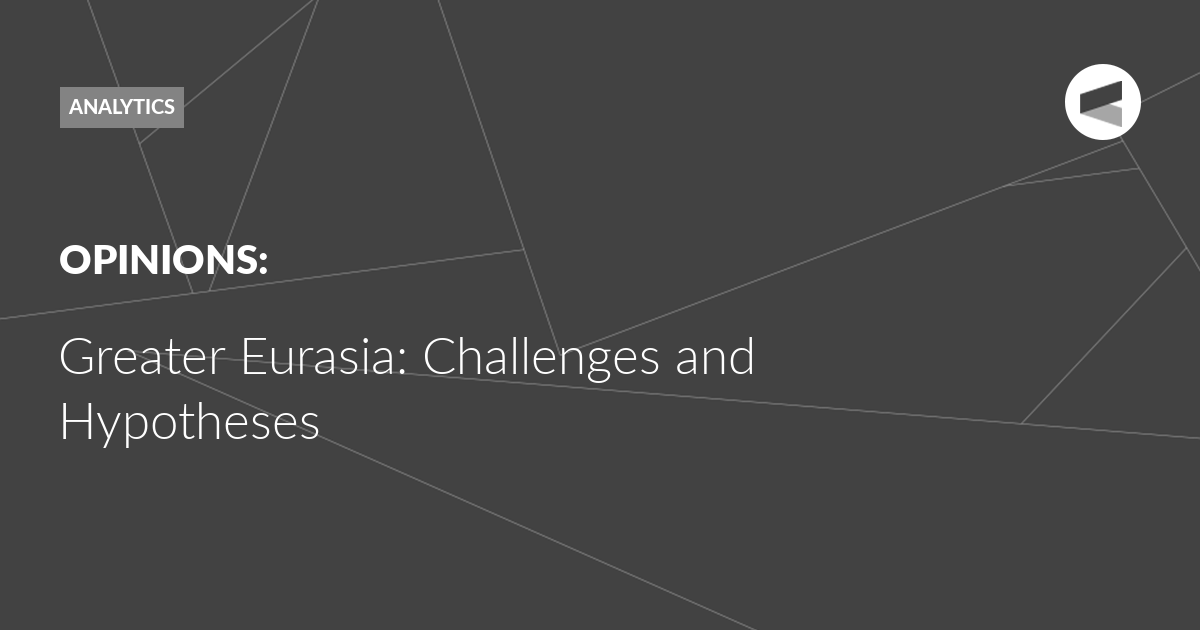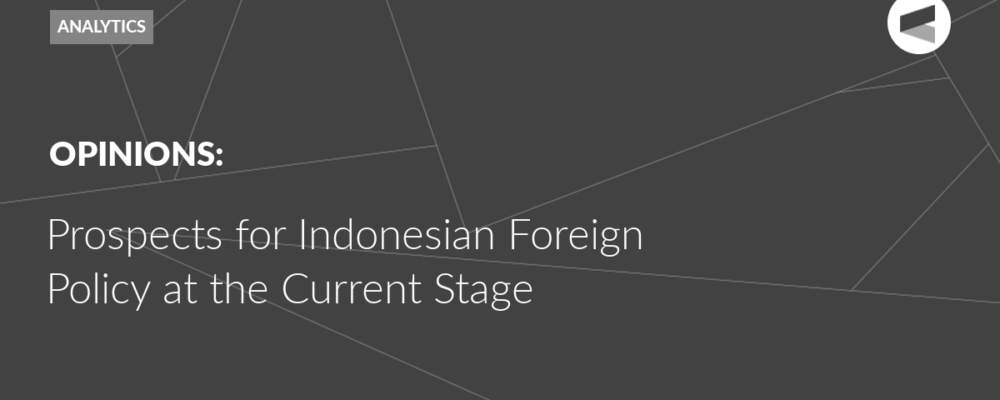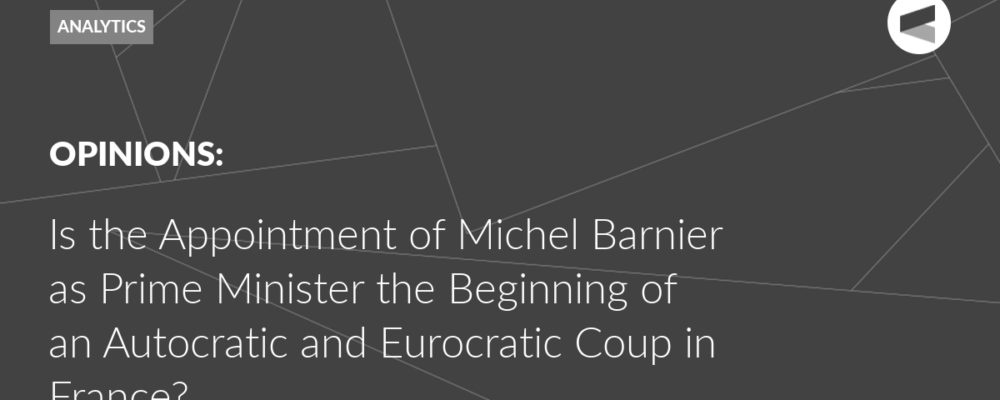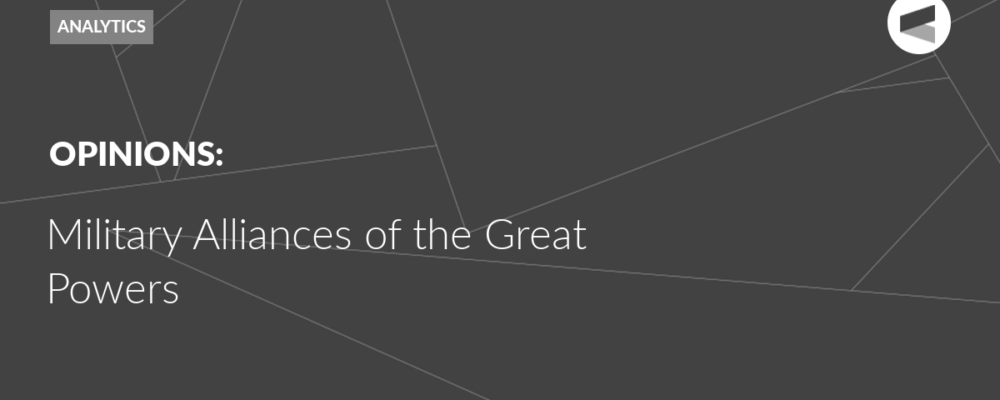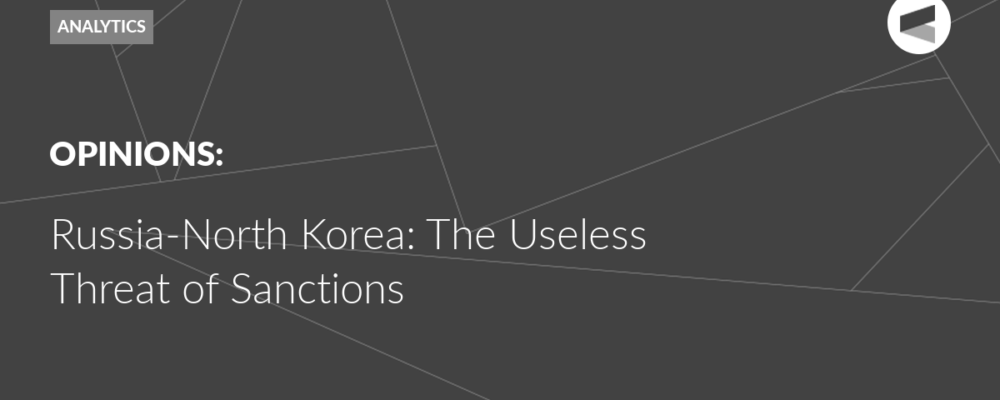To some extent, it is generally typical of the entire World Majority — the world outside the community of Western countries, united around one leader and professing common interests and values in relations with the outside world. In turn, the countries of Greater Eurasia do not have comparable opportunities to consolidate their interests and strategic aspirations. There is no dispute that a certain competition is also present in other regions of the planet, including the West: for example, European states are now desperately fighting for the rights on which they will be included in a much more vertically integrated system led by the United States than during the Cold War.
However, it is precisely the latter that is the main unifying factor: even France, Britain or Germany, which compete with each other, are equally powerless in their relations with Washington. In the case of Greater Eurasia, there is no point in talking about the comparative equality of the position of states in relation to one leader. Simply because such a leader cannot emerge. China, which can be considered in this capacity, does not have the political will and resources for this. Moreover, within Greater Eurasia, its aspirations are quite effectively balanced not only by Russia or India, but also by a number of smaller powers that, however, conduct independent foreign policies.
In this regard, any discussions about the future of Greater Eurasia should take into account the impossibility of building regional life around a single institution or informal association with clear and binding tasks. At the same time, we have not yet seen examples of individual significant countries of Greater Eurasia sacrificing cooperation with their neighbours for their extra-regional partnerships and aspirations. Even India, which is increasing its political dialogue and economic partnership with the United States, is not at all eager to change the system of relations with its neighbours in Eurasia. Moreover, recent developments in Indian-Chinese relations show that these great powers are capable of considering bilateral cooperation in isolation from their global obligations or ambitions. A separate issue that has become especially relevant in the outgoing year is the impact on cooperation between the states of Greater Eurasia of what is happening on its periphery. First of all, there are the countries of the Middle East and Southeast Asia. In the first case, we are witnessing a serious restructuring of the entire balance of power in the region, and in the second case, a weakening of the previous integration centers (ASEAN) and an increase in the pressure that the growing because the fundamental conflict between China and the United States is exerting on countries. Since the autumn of 2023, Israel, with full support from the West, has entered into an energetic struggle with its Arab neighbours and Iran, exerting military and diplomatic pressure on them.
The Valdai Discussion Club was established in 2004. It is named after Lake Valdai, which is located close to Veliky Novgorod, where the Club’s first meeting took place.
Please visit the firm link to site


